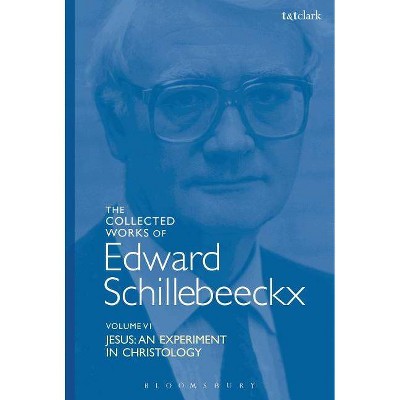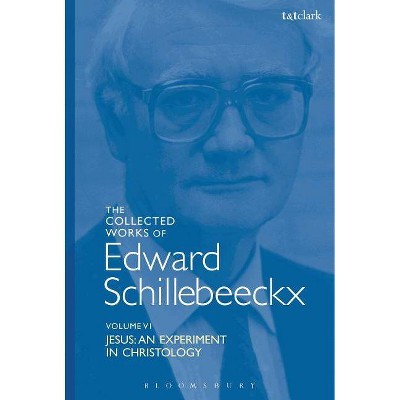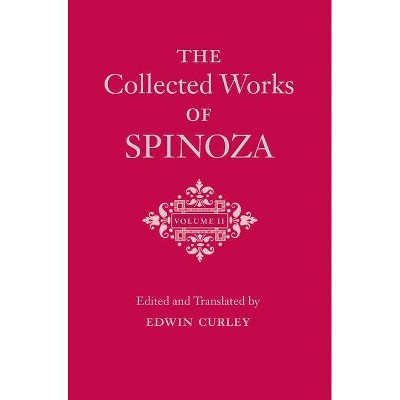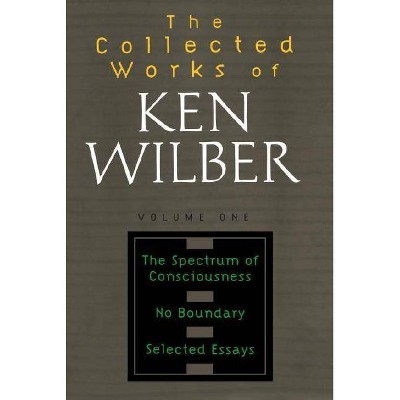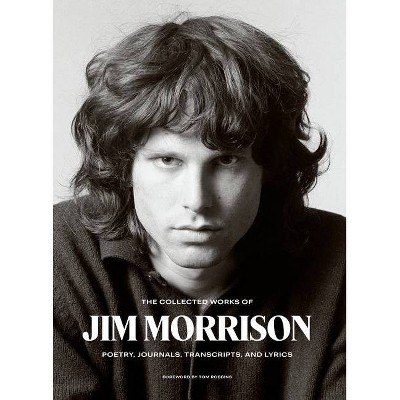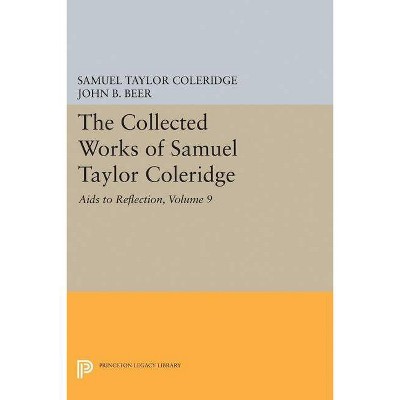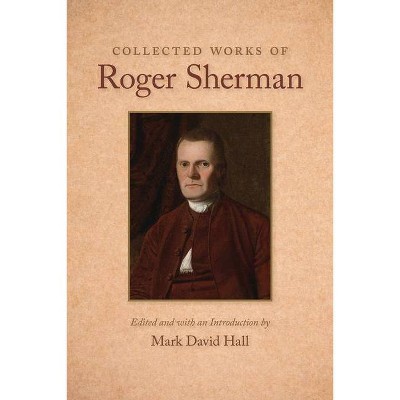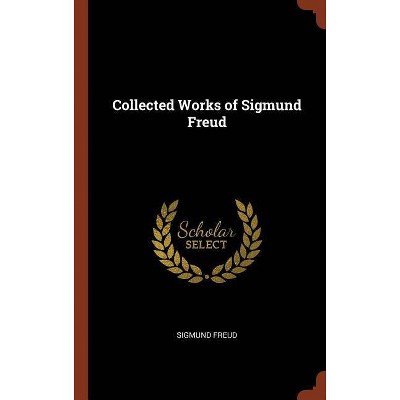The Collected Works of Kenneth White, Volume 2 - (Hardcover)
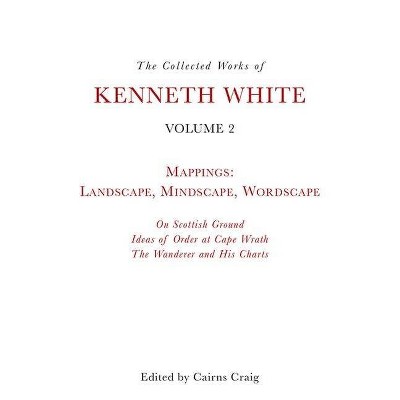
Similar Products
Products of same category from the store
AllProduct info
<p/><br></br><p><b> About the Book </b></p></br></br>Three collections of essays whose aim is to express the cartography and the experience of a live, open world. <p></p><p/><br></br><p><b> Book Synopsis </b></p></br></br><p><strong>Three collections of essays whose aim is to express the cartography and the experience of a live, open world</strong></p> <p></p> <p>These essays all explore Scottish subjects and the wider issues of geopetics. This volume starts with <i>On Scottish Ground</i> by delving into forgotten cultural resources. <i>Ideas of Order at Cape Wrath</i> explores more socio-political considerations before opening out to a larger space of cosmological meditation in <i>The Wanderer and his Charts</i>.</p> <p></p><p/><br></br><p><b> From the Back Cover </b></p></br></br>Three collections of essays whose aim is to express the cartography and the experience of a live, open world If Kenneth White was keenly interested in early twentieth-century attempts to rescue his home territory, Scotland, from a heavy heritage of historicism, doldrums, flat realism (and its cousin, fantasticality), right from the start he was out for something more radically grounded, more intellectually incisive and culturally more coherent. The three books gathered here illustrate his initial movement on these lines in all its aspects, from politics to poetics. On Scottish Ground reveals the terrain to be explored, from geology and archaeology up, resituating figures such as David Hume, Patrick Geddes, Hugh MacDiarmid, as well as revisiting the works of scotic thinkers such as Duns Scotus and John Scot Erigena. Ideas of Order at Cape Wrath takes the exploration further. The word "wrath" here, taken by many to mean "anger", in fact goes back to the old Norse word signifying "turning point". White's turning point is not only geographical, it is fundamental. The third book, The Wanderer and his Charts, lays out the co-ordinates of the new space White has opened up. He may have left Scotland, but he has taken with him a lot of what we might call a quintessential Scotland, just as Joyce took with him an essential Ireland. Kenneth White is not only a convinced European Scot, but he renews the tradition of the medieval Scotus vagans ('wandering Scot'), an existence devoted to travelling and learning, finding and founding. After much moving about, he taught (1983-96) from a specially created Chair of Twentieth-Century Poetics at the Sorbonne. In 1989, he founded the International Institute of Geopoetics, the aim of which is to explore in depth the human and non-human habitation of the earth and the basis of live culture. On the Continent, his work, whether in essay, narrative or poem, has been awarded many prizes, among them the Prix Medicis Etranger and the French Academy's Grand Prix du Rayonnement.<p/><br></br><p><b> About the Author </b></p></br></br><p>Kenneth White is a Scottish poet, academic and writer. He has published numerous works of poetry and prose, with volumes and essays in French as well as English. His work has also been translated into several languages. He is the recipient of many awards and honours, in Europe and Scotland, including the Grand Prix du Rayonnement Français by the Académie française for his work as a whole (1985), the Édouard Glissant prize from the University of Paris VIII for his 'openness to the cultures of the world' (2004) and Prix de poésie Alain Bosquet for Les Archives du Littoral, a bilingual poetry collection (2011). White holds honorary doctorates from the University of Glasgow, the University of Edinburgh and the Open University and is an honorary member of the Royal Scottish Academy. In 1989 he founded the International Institute of Geopoetics to promote further research into the cross-cultural, trans-disciplinary field of study which he had been developing during the previous decade. It has since produced six Cahiers de Géopoétique (journals) in French, publishing a range of work on geopoetics from throughout the world. Geopoetics Centres have since been set up in Belgium, Germany, Switzerland, Italy, Serbia, Quebec, New Caledonia and France. His publications in English include, <i>Ideas of Order at Cape Wrath</i> (Aberdeen, 2013), <i>The Wanderer and his Charts</i> (Polygon, 2004), <i>Open World: The Collected Poems 1960-2000</i> (Birlinn, 2003), <i>House of Tides</i> (Polygon, 2000). He lives on the north coast of Brittany. <p>Cairns Craig is Director of the AHRC Centre for Irish and Scottish Studies at the University of Aberdeen. His books include <i>Yeats, Eliot, Pound and the Politics of Poetry</i> (1982), <i>Out of History</i> (1996), <i>The Modern Scottish Novel</i> (1999), <i>Associationism and the Literary Imagination</i> (2007). He was general editor of the four-volume <i>History of Scottish Literature</i> (1987-9) and has been on the editorial boards of <i>Cencrastus</i>, <i>Radical Scotland</i>, <i>Edinburgh Review</i> and the <i>Journal of Irish and Scottish Studies</i>.<p>
Price History
Price Archive shows prices from various stores, lets you see history and find the cheapest. There is no actual sale on the website. For all support, inquiry and suggestion messagescommunication@pricearchive.us
